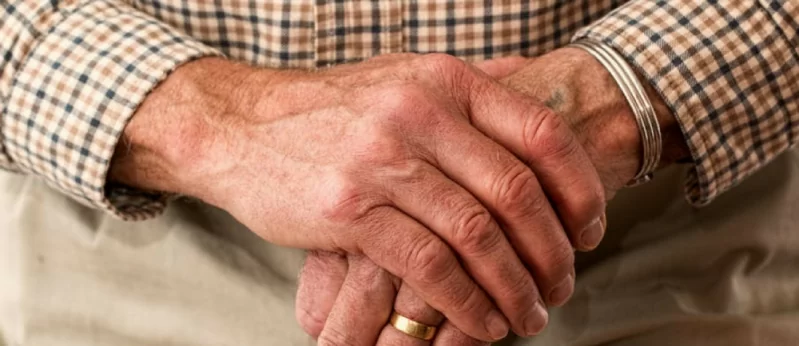
The Equality Act 2010 makes it unlawful to discriminate against an individual’s age. An example of this could be an employee, trainee or job seeker who could be older or younger than other employees already working at the business.
There are four different types of age discrimination. The first is direct discrimination and this is when an individual is discriminated against, either because of their actual age or their perceived age. Direct discrimination can be objectively justified as what the law terms ‘a proportionate means of achieving a legitimate aim’.
The second is indirect discrimination and this occurs when a practice, procedure, workplace rule or policy which applies to all employees, but it is particularly disadvantageous to individuals of a certain age.
The third is victimisation and this is when an individual has been treated unfairly. Someone may have made or supported a complaint related to age discrimination.
The final type of discrimination is harassment and this is when an individual has had their dignity violated from unwanted conduct relating to their age.
In 2017, Caroline Gomes won an employment tribunal for age discrimination, age harassment and constructive unfair dismissal.
Ms Gomes was told by her employer that she would be more suited to a ‘traditional’ estate agent rather than working at Winkworth Estate Agent and was also told ‘the marriage isn’t working’. When Caroline Gomes asked what that meant, she was told to go home and sleep on it and think about what she wanted to do. The use of the word ‘traditional’ means being round for some time and is a reference to her age. This is direct discrimination because of her age and harassment related to age. This is because it insinuates Caroline is old-fashioned and this comment would have not been made to a younger worker.
Miriam O’Reilly worked as a freelance presenter for Countryfile before she was unfairly dropped. The show had moved to a primetime slot and the older presenters including Miriam had been replaced by younger presenters. The presenter who was 51 years old at the time wasn’t given a reason for her departure which is classed as unjustified age discrimination.
The BBC’s wish was to appeal to a younger audience and this was a legitimate aim. However, dropping an older presenter in order to appease their assumed prejudices was not a proportionate means of achieving that aim. This meant Miriam O’Reilly won the employment tribunal against the BBC.
All employees need to be supported in the workplace no matter what age they are. For example, older people may need to adjust to new technology and younger people may need training to learn about new aspects of a job.
It’s important that any workplace policies do not discriminate against employees due to their age. It’s also extremely important that these policies are considered through recruiting employees till when they leave.
If any changes are made to the business, it’s important the change is communicated to employees. Once the workers realise the reasons for the change, it’ll stop the employees from worrying and it will promote an inclusive workplace.
If you have any queries regarding your age discrimination, please contact a member of the HPC team on 0844 800 5932 or email: help@highperformanceconsultancy.com.
Follow us on twitter for HR news and updates @HPC_HRservices